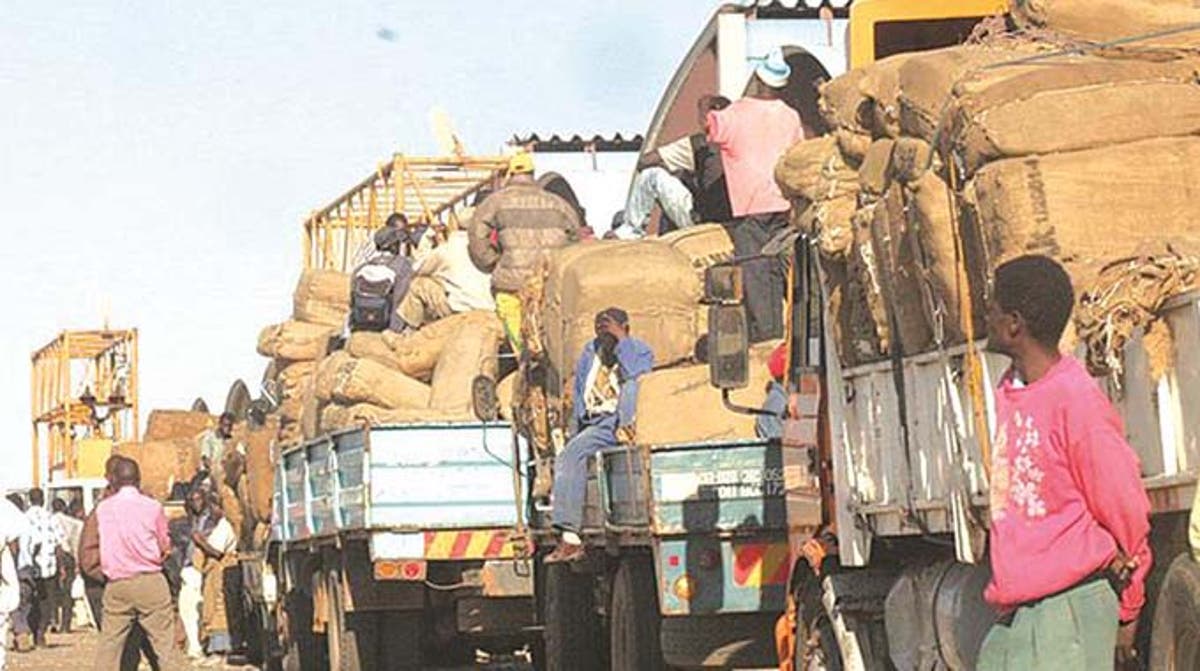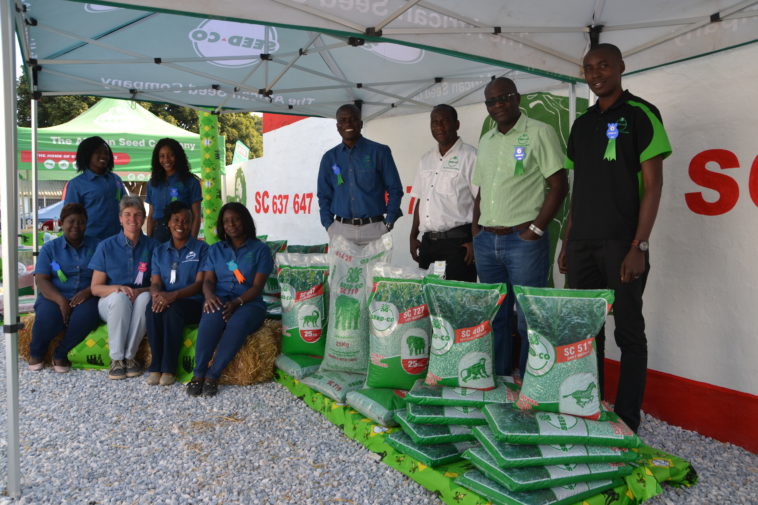We have adequate seed stocks: Seed Co
Seed Co International has assured the market that it has adequate seed stocks to satisfy anticipated demand across markets and several new and improved seed varieties are being released in response to climate change.
In its half-year financials to September 30, 2023, the group highlighted that it is well prepared to respond to the needs of farmers in light of the mixed rainfall forecasts.
“Latest forecasts are indicating normal-to-above normal rainfall in most parts of East Africa, and below normal rains in Southern Africa from November 2023 to January 2024.
“A mixed selling season is being anticipated benefiting from the Group’s diversified geographical footprint and a diverse climate-smart product portfolio with potential downside from unfavourable rains in Southern Africa,” reads part of the report.
The group said significant yield and quality gains were achieved in the previous production season and it seeks to build on that momentum.
“Resultantly, the Group has adequate seed stocks to satisfy anticipated demand across markets.
“The Group continues to deliver improved products from its R&D (Research and Development) investment over the years.
Several new and improved seed varieties are being released in response to climate change and the evolving needs of our farmers.”
Seed Co International Limited is a group which is incorporated and domiciled in Botswana and listed on the Botswana Stock Exchange and the Victoria Falls Stock Exchange.
The group has subsidiaries, an associate and joint ventures located in Angola, Botswana, Democratic Republic of Congo (DRC), Ethiopia, Ghana, Kenya, Malawi, Mozambique, Nigeria, Rwanda, South Africa, Tanzania and Zambia.
On financial performance, the group notes that the first half performance was in tandem with the seasonality of the business.
It achieved an interim operating profit of $1,3 million. The out-turn is a rebound from prior year’s $2,6M interim operating loss.
A combination of volume growth and better product mix boosted revenue by 23 percent compared to the comparative period.-chronicle










